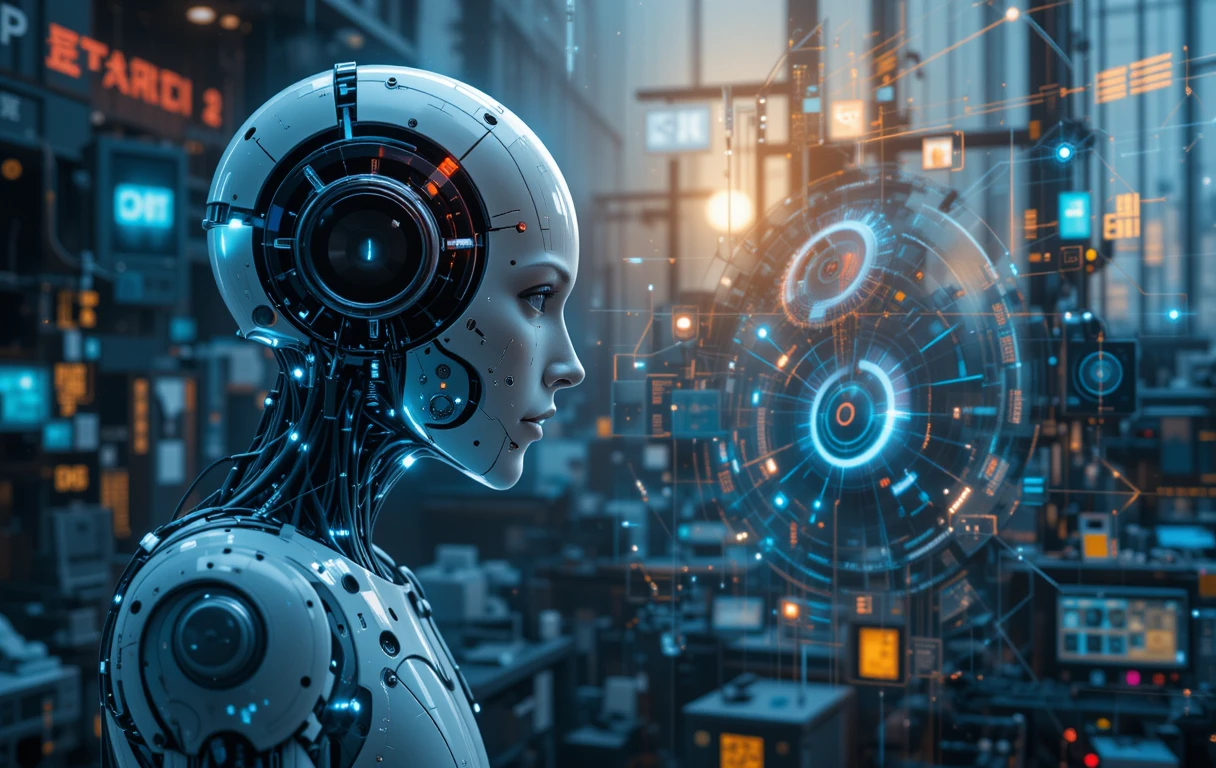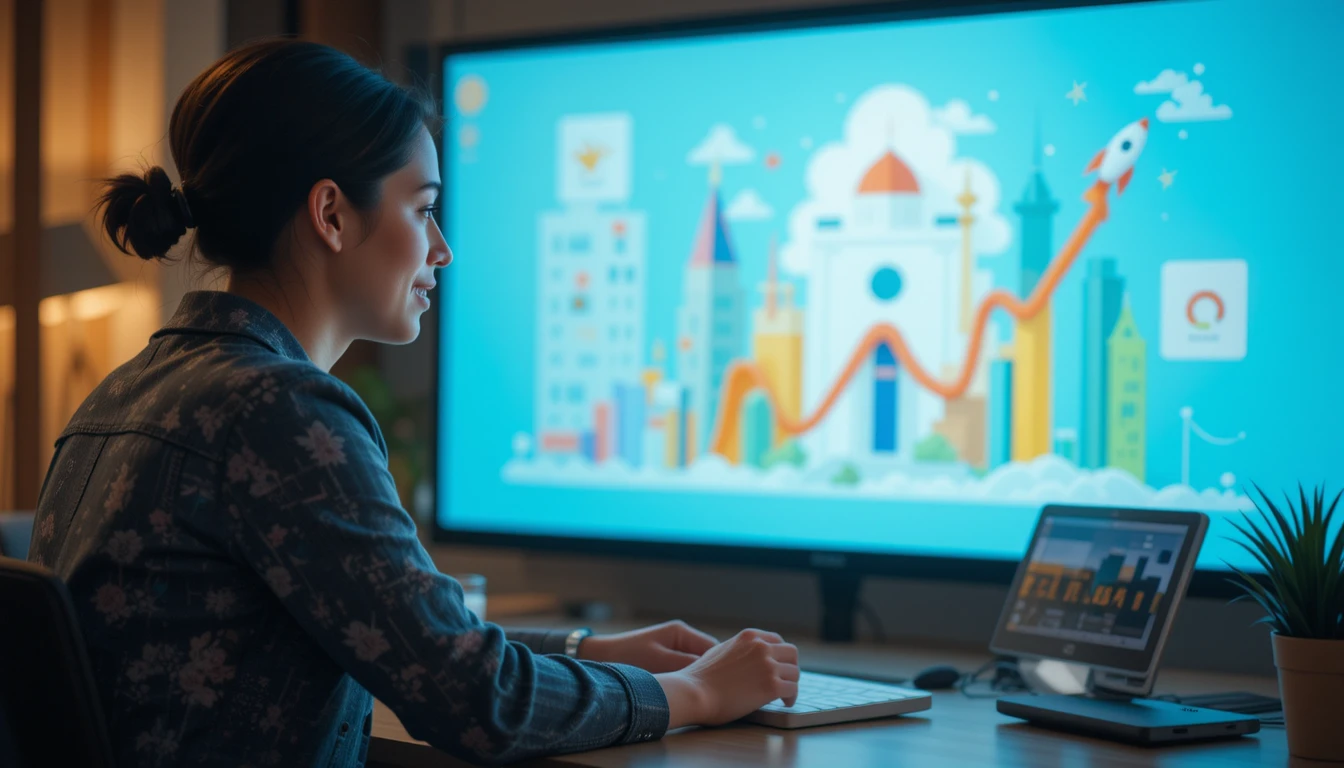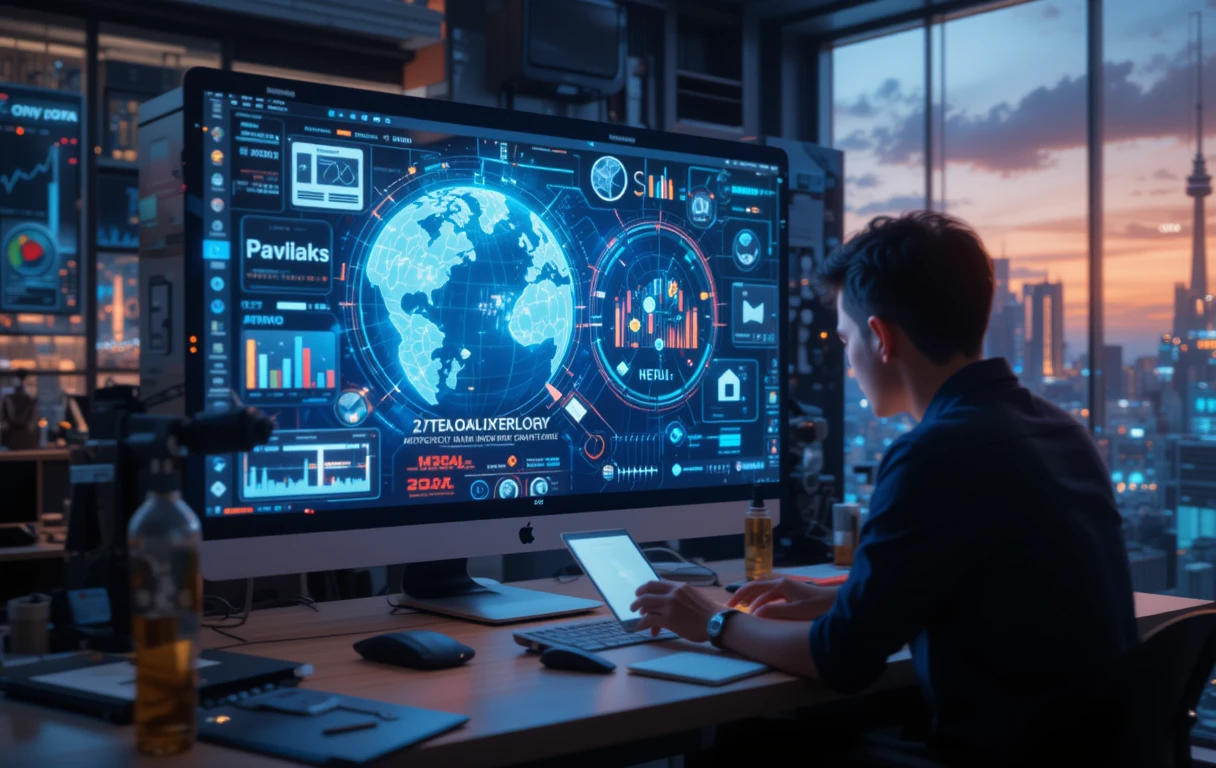The rise of artificial intelligence (AI) has sparked a whirlwind of change across industries, transforming how businesses operate and redefining the concept of work. But as we step into 2025, a question looms larger than ever: Are layoffs inevitable in an AI-driven world? For many, this question isn’t just about jobs—it’s about livelihoods, purpose, and the future of humanity in an increasingly automated workforce.
In this blog, we’ll dive into the key factors driving layoffs, explore the intersection of AI and job security, and uncover strategies to navigate this brave new world. Whether you’re an employee, employer, or curious observer, this exploration of 2025’s workforce will leave you with actionable insights and, perhaps, a glimmer of hope.
The Current Wave of Layoffs: A Reflection of Economic and Technological Shifts
Layoffs have become a recurring headline over the past few years. Tech giants, startups, and even traditional industries have been forced to downsize due to a combination of economic challenges and technological advancements. According to the latest Bureau of Labor Statistics report, job cuts surged by 18% in 2024 alone, with the tech industry accounting for a significant chunk of those losses.
But why?
Economic pressures—from inflation to recession fears—have pushed companies to tighten their budgets. At the same time, the rapid adoption of AI and automation has rendered some roles obsolete. It’s a bittersweet paradox: while AI creates efficiency and innovation, it also leaves many workers questioning their place in this new reality.
How AI is Redefining the Workplace
AI’s impact on the workplace is both revolutionary and disruptive. Tools like ChatGPT, autonomous robots, and machine learning algorithms are now capable of performing tasks once reserved for humans.
Consider industries like:
- Customer Service: AI-powered chatbots are handling millions of queries daily, eliminating the need for large call centers.
- Manufacturing: Robots now manage precision tasks with higher accuracy and lower costs.
- Healthcare: AI assists in diagnostics and patient care, minimizing administrative roles.
While these advancements drive productivity and profitability, they also fuel uncertainty. For every automated role, there’s a worker left wondering: Where do I go from here?
Will Layoffs Be Inevitable in 2025?
To answer this question, we must analyze three key drivers shaping the future of work:
1. The Acceleration of Automation
By 2025, automation is expected to replace 30% of repetitive and manual tasks, according to a World Economic Forum report. Industries like transportation (think self-driving trucks) and retail (self-checkout kiosks) will see significant job losses.
However, automation isn’t just about replacement—it also creates demand for skilled professionals to design, implement, and maintain these systems. Roles in AI ethics, data science, and robotics are poised to grow, offering hope to workers willing to reskill.
2. Economic Instability
The global economy has been volatile, with ongoing geopolitical tensions, inflation, and supply chain disruptions. Companies often view layoffs as a cost-cutting measure during uncertain times, which makes them a tempting option. However, forward-thinking organizations are exploring alternatives like workforce reskilling and shorter workweeks to retain talent while managing costs.
3. The Human Element
While AI can perform many tasks, it cannot replicate human creativity, empathy, or critical thinking. Roles requiring these uniquely human traits—such as leadership, creative arts, and complex problem-solving—are likely to remain resilient. This suggests that layoffs may disproportionately affect jobs focused on repetitive or low-skill tasks, rather than industries driven by innovation and human ingenuity.
Opportunities Amidst Uncertainty
Layoffs may seem inevitable in some cases, but they also present opportunities for growth and reinvention. Here’s how both employees and businesses can navigate the AI-driven landscape:
For Employees
- Upskilling is Key: Stay ahead by learning in-demand skills like data analysis, programming, or AI management. Platforms like Coursera and LinkedIn Learning offer affordable courses to future-proof your career.
- Embrace Change: View layoffs not as an end but as a chance to pivot toward a more fulfilling career path. Freelancing, entrepreneurship, or exploring emerging industries could lead to exciting opportunities.
- Build a Network: Professional connections are invaluable during transitions. Attend industry events, join online communities, and stay active on platforms like LinkedIn.
For Businesses
- Reskilling Over Replacing: Instead of cutting jobs, invest in training programs to help employees transition to new roles.
- Transparent Communication: Honesty builds trust. Keep employees informed about changes and involve them in decision-making when possible.
- Ethical AI Implementation: Adopt AI technologies responsibly, ensuring they augment human workers rather than replace them entirely.
The Future of Work: Balancing Technology and Humanity
As we look to 2025 and beyond, the challenge isn’t just about managing layoffs; it’s about finding harmony between technology and humanity. AI will undoubtedly reshape industries, but it doesn’t have to come at the cost of human dignity or purpose.
By fostering a culture of continuous learning, ethical decision-making, and adaptability, we can ensure that the future of work is one where both businesses and individuals thrive. Layoffs may not be entirely avoidable, but with the right strategies, they can be minimized, creating a brighter and more inclusive tomorrow.
Conclusion
So, are layoffs inevitable in 2025? The answer isn’t black and white. While economic pressures and AI advancements make some layoffs likely, they don’t spell doom for the workforce. Instead, they offer a chance to adapt, grow, and embrace new possibilities.
The future of work lies in collaboration between humans and machines—a future where technology enhances lives rather than replacing them. Let’s choose innovation and empathy over fear, shaping a 2025 where progress and purpose coexist.




